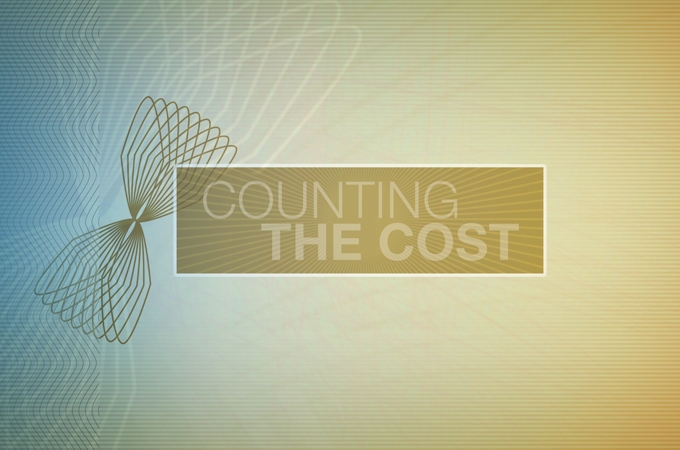
Debt: Trouble in paradise
We look at the ‘silent debt crisis’ in the Caribbean, a region that hosts some of the world’s most indebted nations.
With the way the world has gone in the last few years, one would be forgiven for thinking that debt is almost exclusively a eurozone problem. Not so. In fact, some of the most indebted nations in the world are actually across the Atlantic, in the Caribbean.
And with problems so huge, there is little chance of it escaping international attention. The International Monetary Fund (IMF) has called it “a silent debt crisis” and the ‘lender of last resort’ has even stepped in to bail out Jamaica with $1bn.
Keep reading
list of 4 itemsBoeing hit with 32 whistleblower claims, as dead worker’s case reviewed
US imposes new sanctions on Iran after attack on Israel
A flash flood and a quiet sale highlight India’s Sikkim’s hydro problems
Jamaica’s debt to GDP ratio amounts to almost 150 percent and, though not as high as Jamaica, other Caribbean nations have been suffering from similarly dangerous debt levels.
The debt burden for these countries is amongst the highest in the world. They are using as much as 41 percent of their revenue to pay off debt. Jamaica itself uses 33 percent just to pay the interest on its foreign debts. Every year, that amounts to $1.2bn gone on debt repayments.
Meanwhile. growth remains stagnant in the Caribbean, so there is little hope nations will ever unload their huge debt mountains without some debt forgiveness.
But none of this is new for Jamaica. It sought a bailout in all but one year between 1972 and 1995 – that is 22 years of handouts. And the lack of growth, combined with the growing debt pile, means the people are suffering.
The Caribbean has high unemployment rates, increasing poverty levels and, according to a recent IMF report, has simply been getting poorer over recent decades.
So, can it survive without more loans? And with all the focus on Europe these days, will the international community forgive the island’s debts? We discuss the options on Counting the Cost.
Recessions, elections and trade
Also on this episode, we look at the one European nation that preached austerity measures to its southern neighbours, but cannot seem to walk the talk. ‘Triple-A’ rated nation, the Netherlands, now finds itself in trouble. It is in recession as property prices slump and unemployment rises – all problems which stem from lending during the boom years.
It now has one of the highest levels of household debt in the world, about 266 percent, mostly in mortgages. And its banks have the highest level of mortgage loans in the eurozone, forcing the government to nationalise the country’s fourth largest lender. Its unemployment figures are staggering as well. They have doubled over the past two years, reaching 8.1 percent in March.
Next, we go to Australia, where cattle farmers have been hit by two things: the recurring problem of drought, but also cases of animal cruelty abroad, which have led to a temporary ban on some live exports.
Despite its image as a country of glitzy cities and large mines, a big chunk of Australia’s economy is based on agriculture. The country has ambitions to grow it bigger – to be the food bowl of Asia. But that will take political will farmers there say is lacking.
Farmers say the government is not doing anything about their plight. They say want financial assistance to help them through the dry weather, a lower Australian dollar, and the full resumption of live cattle exports. And for them, September’s election is about bringing new hope, and reminding what they call ‘metro Australia’ that they matter too.
Finally, trade is the thing that makes the world go round – not money. And the very idea that trading our way out of the global economic downturn – particularly the jobs slump – might be a whole lot more effective than simply austerity or stimulus.
One way to illustrate it is with some numbers from the global courier company UPS which says it shifts two percent of the world’s GDP every day, and six percent of the GDP of the United States.
How does that translate into something tangible for the everyday person looking for a job? UPS has calculated that every 22 packages it shifts equates to one full-time job at the company. We take a look.
Watch each week at the following times GMT: Friday: 2230; Saturday: 0930; Sunday: 0330; Monday: 1630. Click here for more Counting the Cost. Follow Kamahl Santamaria @KamahlAJE and business editor Abid Ali @abidoliverali |
